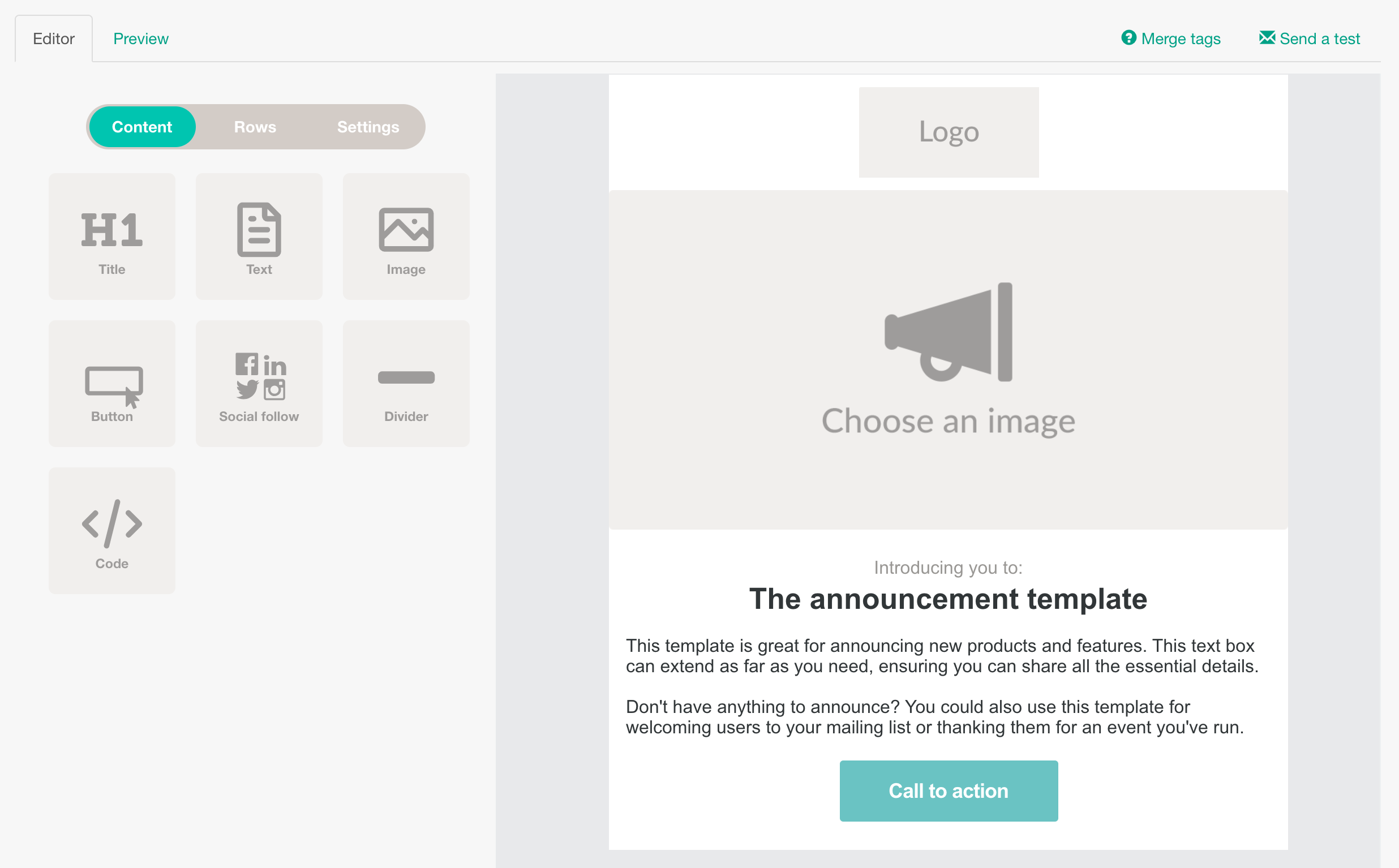Almost five months on from the implementation of the European Union’s new General Data Protection Regulation, that question might seem a little overdramatic. But in the height of pre-regulation speculation in May 2018, many marketers and commentators were concerned that the new rules and enhanced data protection enforcement could be the final blow to email marketing.
Overheard GDPR advice: "Short Mailchimp".
— dan barker (@danbarker) May 15, 2018
So, has GDPR had the devastating impact some feared? We spoke to three email experts and found that, while GDPR changes the way marketers need to approach email, that’s not necessarily a bad thing – and the future looks bright for email.
Email is the foundation of digital communication, and it’ll take more than regulation to change that
Email has been around for a long time. Dennis Dayman, Chief Privacy and Security Officer at Return Path, reminds us that GDPR is just one of many perceived threats in email’s history that have failed to rock its position at the heart of how we interact online.
“Email has always acted as a unifying element in the digital ecosystem,” he explains. “And I think, if anything, GDPR will have a positive effect on it.”
“I remember when marketers and brands were scared about the 2003 CAN-SPAM Act. That regulation was a boon to legitimate marketing, in fact, because it defined spam for the first time. It prompted legitimate email senders to improve their marketing, and it led to several high-profile convictions of spammers. CAN-SPAM set basic standards for the industry that were useful in encouraging companies to follow good email practices.”
Similarly, Dennis remembers other innovations that haven’t been the death knell many email marketers feared. “Social media, Slack… these things change how we use email, but they don’t actually threaten it.”
Regulation reminds us that effective marketing is about reaching the right people with the right message
Elliott Ross, CEO at Taxi for Email, agrees with Dennis. “Obviously GDPR has had a huge effect on email but, if you’re a smart marketer, it will ultimately be a positive one,” he says.
“In the short term, there’s been a bit of pain clearing out email lists and sorting processes, but from now on there’s a much clearer groundwork on which to build an actual relationship with customers. As marketers, that’s what we’re here for. The audiences we have now are more engaged and ready to go. As an industry, clearing out a lot of the bad practices means people will trust email more.”
Dennis agrees, and adds that poor email practices impact deliverability as well as consumer trust. “Too many marketers think that list quantity over quality is the best way to achieve sales. They don’t realise that those high volume, low quality lists can be causing issues for them. If half of that list is dead, blocking, or complaining, then it will impact the delivery of the other half.”
GDPR is a significant change – and that’s an opportunity for the industry to innovate
Paul Shriner, co-founder of Audience Point, acknowledges that the new regulation has caused a seismic shift. “GDPR is not a deathblow to email. But it is a fundamental restructuring of how email is done,” he says.
“Marketers have long sought the new magic bullet for online marketing, only to discover that no bullet exists. They return beleaguered from their quest to a stale work environment full of industry articles about returning to marketing basics. GDPR changes all of that; it’s a throat punch to the status quo. It demands the reimagination of the entire industry.“
And while marketers are only just starting to find their feet in the new landscape, Paul is optimistic that the future is bright for email marketing. “Filled with intelligent, creative innovators dreaming about a better future, the industry will transform into true permission-based relationship marketing.”

No Comments
Leave a comment Cancel